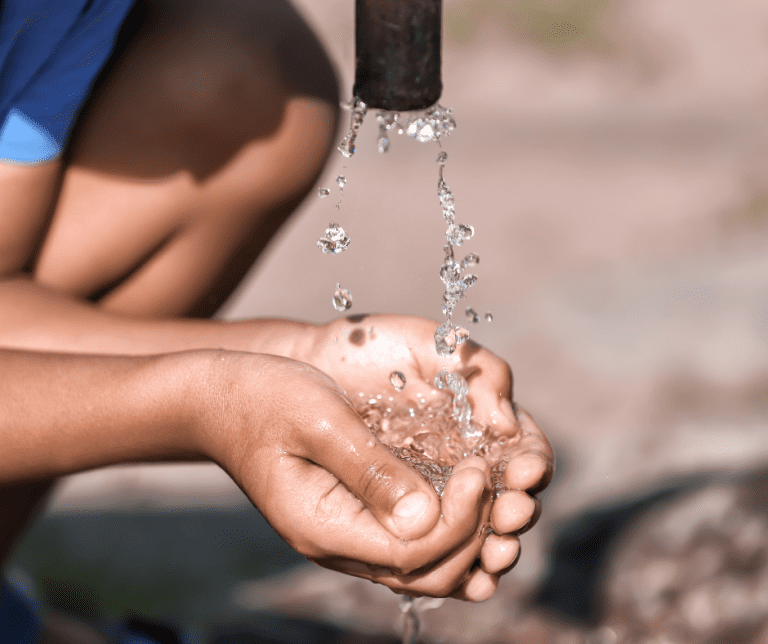In a recent publication, Statistics South Africa (Stats SA) unveiled its latest Mortality Report for the year 2020, shedding light on the profound impact of the Covid-19 pandemic on the nation’s mortality landscape. With a staggering 489,744 recorded deaths, the report paints a sobering picture of the toll exacted by the deadly virus, along with other prevalent health conditions.
The report, compiled from death certificate data sourced from the National Department of Health, delineates a stark contrast in the patterns of mortality between natural and non-natural causes. Of the total recorded deaths, a vast majority, numbering 442,558, were attributed to natural causes, while the remainder, 47,186, were classified as non-natural causes.
Unsurprisingly, the advent of the Covid-19 pandemic in South Africa in early 2020 precipitated a seismic shift in mortality trends. The resultant national lockdown, implemented in response to the burgeoning crisis, not only disrupted socioeconomic indicators but also left an indelible mark on mortality statistics. Notably, deaths attributable to natural causes surged to their highest levels since 2011, juxtaposed against a decline in non-natural causes, reaching their lowest ebb in the same period.
According to Stats SA, the pandemic emerged as a pivotal determinant of mortality dynamics in South Africa, ushering in a paradigm shift in the nation’s mortality trajectory. An analysis of registered deaths processed by Stats SA underscores a discernible uptick in mortality rates from 1999 to 2006, culminating in a zenith of 614,578 deaths. Subsequently, a sustained downward trend ensued until the onset of 2020, which witnessed an abrupt reversal, propelled by the unprecedented health crisis.
Furthermore, the pernicious impact of the Covid-19 pandemic reverberated across demographic strata, manifesting in a pronounced escalation of mortality rates among older cohorts. Statistics delineate a notable spike in deaths among individuals aged 55 and above, diverging markedly from established mortality trends.
A meticulous examination of the top 10 causes of natural deaths in South Africa elucidates the preeminent role assumed by Covid-19 as the foremost contributor to mortality in 2020. Diabetes mellitus emerged as the second-leading underlying cause of death, followed by cerebrovascular disease, notably strokes. Tuberculosis, which had occupied the top position in preceding years, witnessed a precipitous decline in rank, underscoring the shifting epidemiological landscape.
In contrast, non-natural causes of death, predominantly attributable to accidental injuries and assaults, delineate a disparate tableau of mortality trends. The category of ‘other external causes’ encompasses a broad spectrum of fatalities, with unspecified accidental injuries accounting for a significant proportion. Exposure to inanimate mechanical forces emerged as the leading specified cause, claiming a substantial toll of 8,056 lives. Assaults, encompassing a myriad of violent crimes, including fatalities from firearms, constituted the subsequent major contributor to non-natural deaths, with 5,668 reported casualties.
Transport accidents, despite a perceptible decrease in vehicular traffic due to Covid-19 lockdown measures, persisted as a significant source of mortality, claiming 4,592 lives in 2020. This paradoxical phenomenon underscores the enduring lethality of transport-related incidents in South Africa, even amidst unprecedented societal restrictions.
In conclusion, the Mortality Report for 2020 encapsulates the profound impact of the Covid-19 pandemic on South Africa’s mortality landscape, delineating a confluence of shifting epidemiological trends and entrenched health disparities. As the nation grapples with the enduring ramifications of the pandemic, informed policy interventions and concerted public health initiatives assume paramount importance in mitigating the adverse effects of prevailing health challenges and fostering a resilient, equitable healthcare system.










































